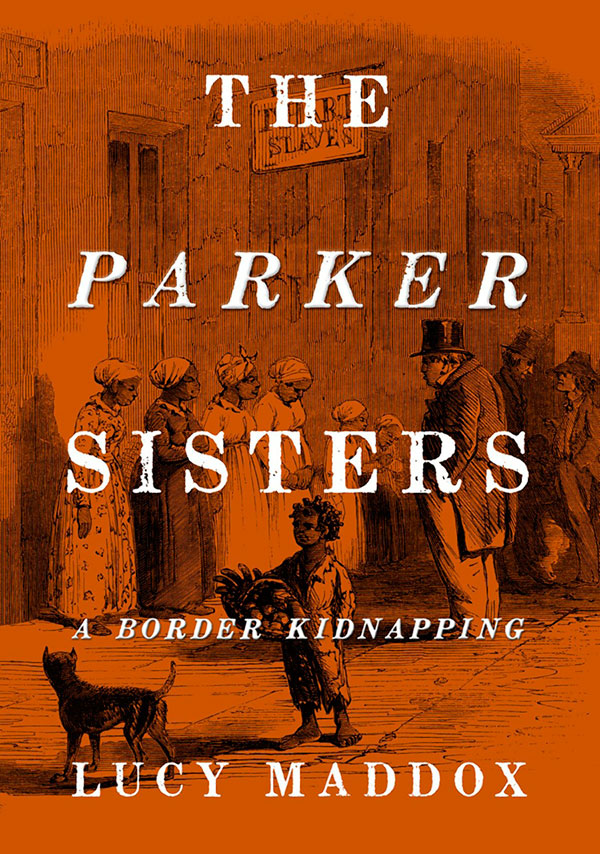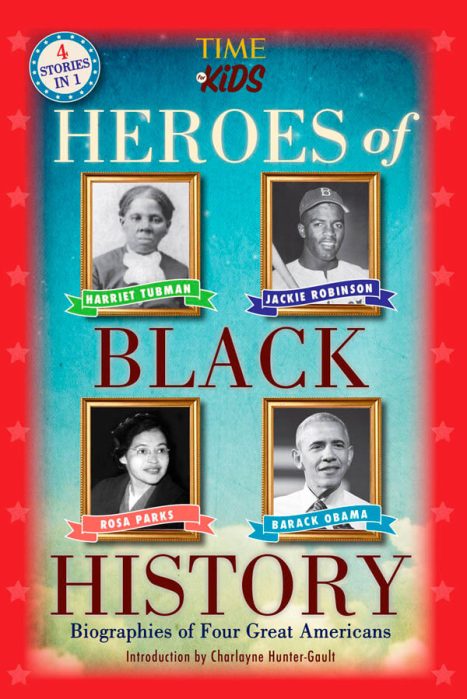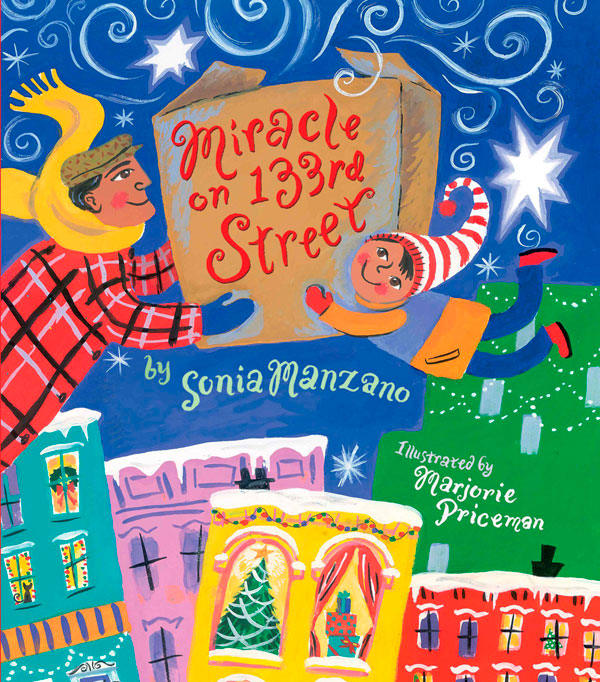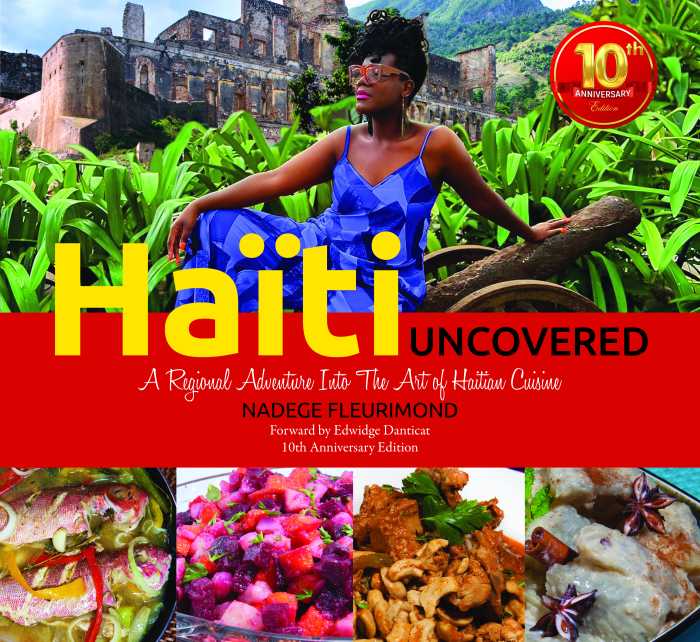“The Parker Sisters: A Border Kidnapping” by Lucy Maddox
c.2016, Temple University Press
$28.50 / higher in Canada
256 pages
Your neighbors said they’d keep an eye on your house for you this summer.
They’d get the mail in, and grab the newspaper while you were on vacation. They’d do everything for you — and, as in the new book “The Parker Sisters” by Lucy Maddox, you should be glad if they watch your children, too.
Along the border between Pennsylvania and Maryland, Thomas McCreary “earned a reputation” as slave catcher, did jail time in 1849 for kidnapping, and was mistrusted by many, Black and white. Still, he’d managed to find work as a mail carrier in both states, which may’ve given him opportunity to observe the comings-and-goings of Elizabeth and Rachel Parker, two free Black children.
Elizabeth, somewhere around 10 years old, was a headstrong, “difficult” child who’d left (or been kicked out of) her family’s home years before and had worked and lived with a series of white families. The latest was near-destitute; Maddox hypothesizes that Elizabeth ’s presence in the Donnelly household may have been on purpose, so that McCreary might have an easier chance to snatch her.
Two weeks later, Elizabeth ’s older sister, Rachel, was taken in broad daylight, right in front of the family who employed her. Rachel’s abduction, says Maddox, probably made neighbors notice that Elizabeth, who was already on her way to a slave auction in Baltimore, was gone.
The man who employed Rachel, Joseph Miller, was outraged over her kidnapping. There had been similar trouble before nearby; the Federal government and individual states had long argued over the laws governing escaped slaves, free Blacks, and slave catchers who generally lied about both. Miller and his neighbors sprang into action and, says Maddox, “Within twenty-four hours, the abductions of the Parker sisters would no longer be local matters.”
Neither would they be resolved happily or quickly. Says author Lucy Maddox, Rachel and Elizabeth spent months in jail, while their legal status and identities were resolved. In the meantime, one man lost his life and another got off “scot-free.”
I’m normally not a fan of books that offers dozens of names to keep track of, but that profuseness somehow works in “The Parker Sisters.”
That may be because Maddox explains in detail the significance of what happened by telling the history behind the laws that made this event possible (and illegal). Readers will appreciate the story’s movement between North and South, and the clarity of explanation, even on the smallest of details. There are some big surprises in here, too — particularly in what happened to Elizabeth Parker.
On the matter of murder, Maddox is rather like a detective, which is another well-done aspect of this book. Officials tried to explain the death as a suicide, but she walks readers through events and clues to prove otherwise.
Despite all that’s appealing, and because it’s packed with a lot, this isn’t an easy book to read — but it’s worth it. If you’re a lover of a good tale or a historian, particularly, “The Parker Sisters” is a book you’ll want to keep your eyes on.


























